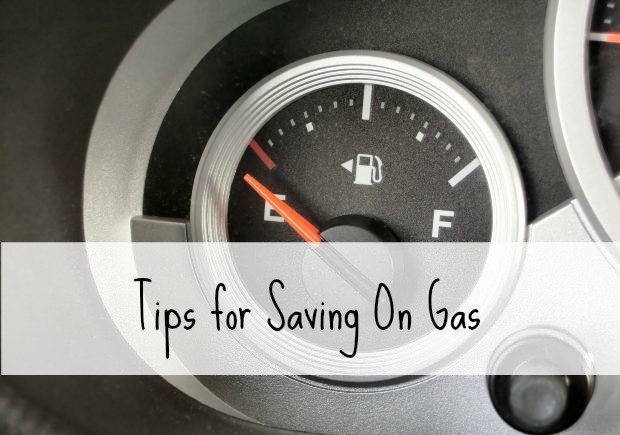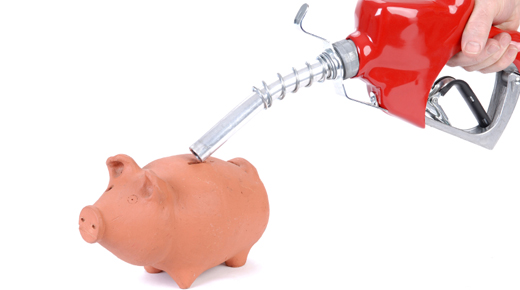Get Fuel Savvy With These 10 Tips

1. Avoid High Speeds
As your speed increases, your aerodynamic drag increases in an exponential fashion. Driving 62 mph (100 km/h) vs 75 mph (120 km/h) will reduce fuel consumption by about 15%.
2. Do Not Accelerate or Brake Hard
By anticipating the traffic and applying slow steady acceleration and braking, fuel economy may increase by as much as 20%.
3. Keep Tyres Properly Inflated
Keep tire air pressure at the level recommended by your vehicle manufacturer. A single tyre under inflated by 2 PSI (Pounds per Square Inch or kPa (kiloPascals), increases fuel consumption by 1%.
4. Use Air Conditioner Sparingly
When the air conditioner is on it puts extra load on the engine forcing more fuel to be used (by about 20%). The defrost position on most vehicles also uses the air conditioner.
5. Keep Windows Closed
Windows open, especially at highway speeds, increase drag and result in decreased fuel economy of up to 10%.
6. Service Vehicle Regularly
Proper maintenance avoids poor fuel economy related to dirty air filters, old spark plugs or low fluid levels.
7. Use Cruise Control
Maintaining a constant speed over long distances often saves gas.
8. Avoid Heavy Loads
Remove the sand bags from your trunk in the spring and pack lightly for long trips.
9. Avoid Long Idles
If you anticipate being stopped for more than 1 minute, shut off the car. Restarting the car uses less fuel than letting it idle for this time.
10. Purchase a Fuel Efficient Vehicle
When buying a new vehicle examine the vehicle’s rated fuel efficiency. Usually choosing a small vehicle with a manual transmission will provide you with great fuel economy.





